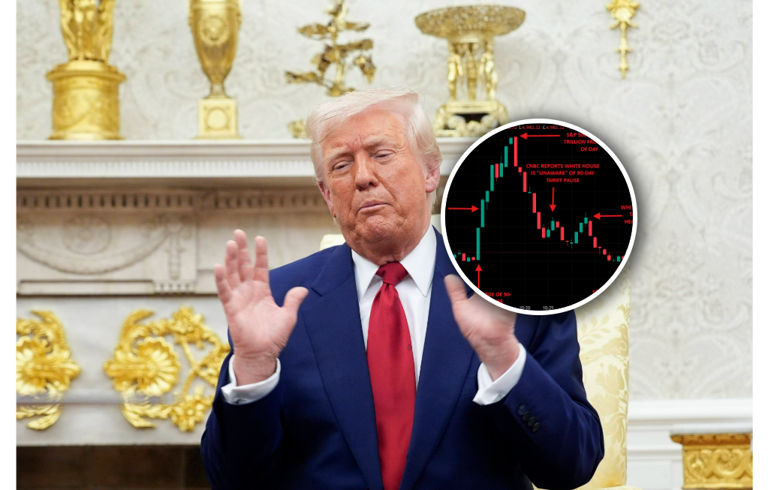
News Today: Why Trump delays higher tariffs on Japan and South Korea 2025 matters
US President Donald Trump has announced a delay in imposing higher tariffs on imports from 14 countries, including major trade partners Japan and South Korea. This move comes just as the 90-day suspension of some of the toughest import taxes was about to expire this week.
Trump warned that a 25% tariff could still hit products from Japan and South Korea starting 1 August, while also unveiling steep new tariffs on other nations: 40% on goods from Myanmar and Laos, 36% on Thailand and Cambodia, 35% on Serbia and Bangladesh, 32% on Indonesia, 30% on South Africa, and 25% on Malaysia and Tunisia. These tariffs were originally due on 9 July but have been postponed as talks continue.
The president argues these tariffs will protect American businesses, encourage local manufacturing, and create jobs. However, economists caution that they may also increase costs for US consumers and reduce international trade. On Monday, the US stock market reacted negatively, with Toyota’s shares falling by 4%.
Japan, which exported over $148 billion in goods to the US last year, ranks as America’s fifth-largest import source. South Korea is also among the top ten. Negotiations with both countries remain tense, particularly over car tariffs, which have become a significant sticking point.
White House press secretary Karoline Leavitt dismissed concerns about the shifting deadlines weakening Trump’s leverage, stating, “The president’s phone rings off the hook from world leaders wanting deals.” Treasury Secretary Scott Bessent added, “We’ve received many new offers and proposals overnight.”
Trump’s “reciprocal” tariff policy aims to counter what he views as unfair foreign trade rules. He has also imposed separate tariffs on steel, cars, and even threatened new levies on items like pharmaceuticals and lumber, citing national security.
While these tariffs may reshape global trade, experts warn they could lead to higher consumer prices and market volatility. With the new deadline set for 1 August, businesses worldwide are closely watching for what comes next.




Leave A Comment